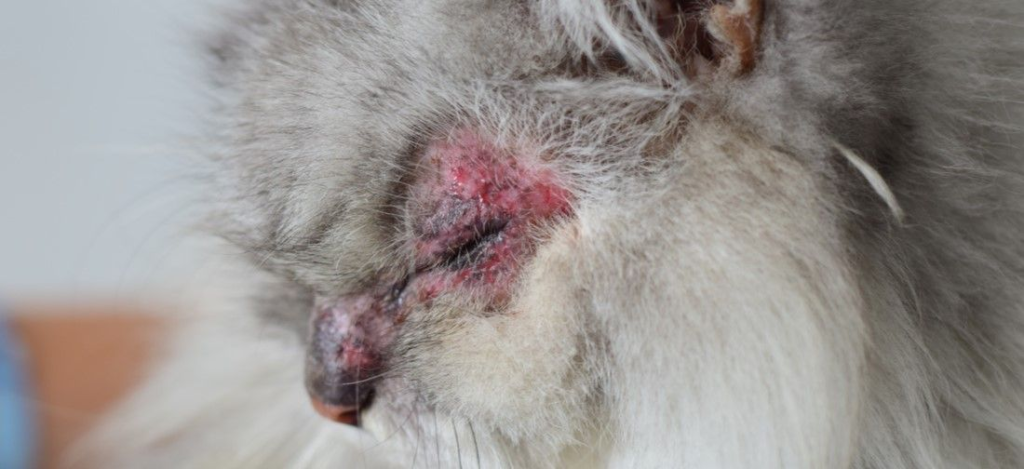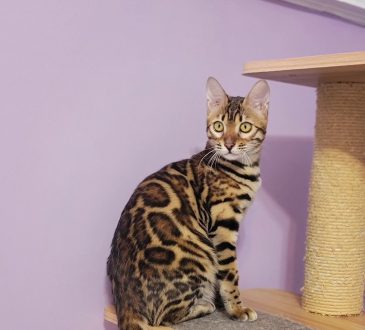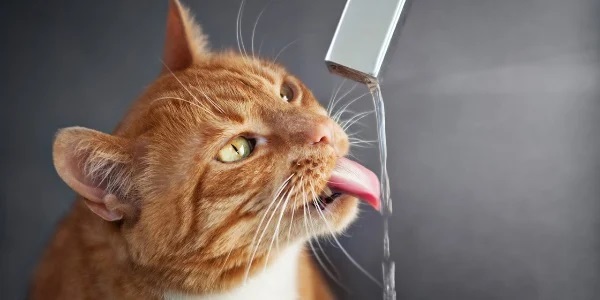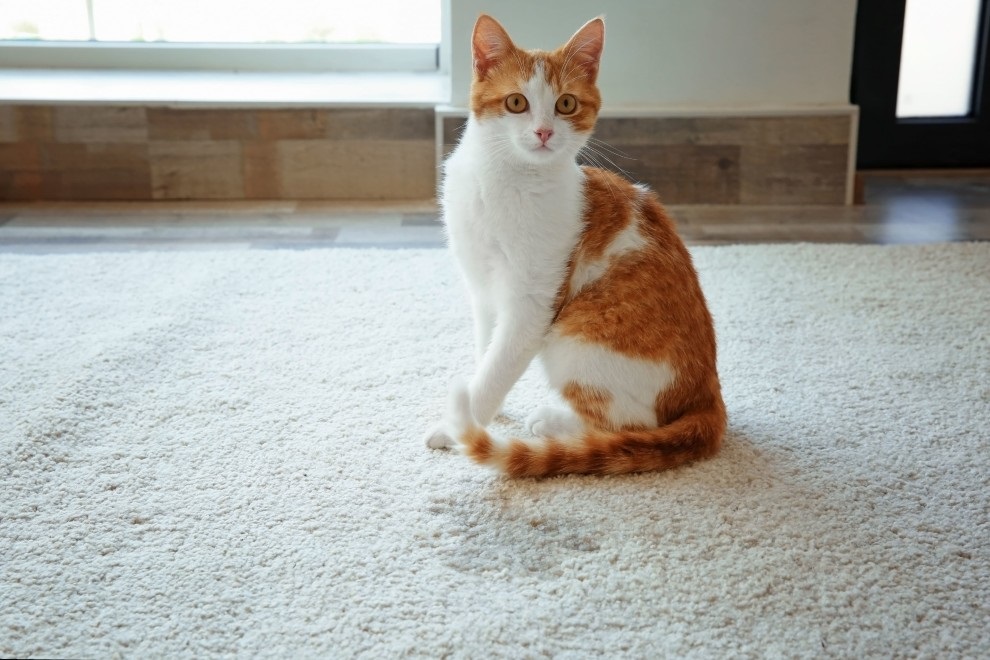
Some cats, like many individuals, are born obtaining a predisposition to build up reactions when uncovered to a particular substances in their atmosphere. Cats with allergic eczema usually develop skin condition characterised by symptoms of itching, for example biting and scratching your skin, when uncovered for that material they have become allergic. Sometimes there’s no proof of itching, but other skin abnormalities occur. Reference to the substance might be by inhalation (this route of sensitization is common in a kind of allergy known as atopy), ingestion (e.g., Acana cat food hypersensitivity signs and symptoms), inoculation (flea bites, drugs), or direct contact on the skin while using the offending substance. You’ll most likely see reddening on the skin, small bumps, oozing and perhaps sticky areas and scabs, and sometimes dan drufflike scales. The reddened skin may feel abnormally warm to touch. In neglected cases there’s hair loss, large areas of raw skin may develop, along with the skin may even become thickened. If these changes go untreated extended enough, they might become permanent. Locations where scratching is severe can become infected. Cats with allergic eczema may lick inside their flanks, abdomen, and in their rear legs excessively when grooming, creating a characteristic symmetrical hair loss unaccompanied by actual skin changes. Cats using this sort of allergic eczema needs to be differentiated from individuals along with other (e.g., hormonal) reasons for hair loss that have similar pattern. In addition to skin signs, cats with allergic eczema might have more general symptoms of allergy as being a watery nasal discharge and sneezing, tearing, and conjunctivitis. Some might have vomiting or diarrhea.
Allergic Eczema has lots of causes
Fleas are most likely the commonest cause of allergic eczema. In case you practice good flea control, you may steer obvious from the eczema from developing or relieve a predicament which has already developed. Be cautious, however, about putting flea sprays or dips by getting an inflammed skin they often times make irritation worse. If you feel you’re controlling fleas however, your cat is continually scratch, there might be several options. For instance:

1. The bite of a single flea (that you simply avoid seeing) might cause extreme itching in a allergic animal.
2. Cats may be allergic to several things apart from or in addition to fleas- incorporated in this particular pollens, house dust, molds, trees, made from made of woll, foods, cigarettes.
3. The problem might not be allergic eczema (by having an example).
Bathing is among the house treatment
Frequent bathing (every a few days) enables you to definitely control the twelve signs in a number of cats additionally to aids in stopping secondary attacks. It removes allergens inside the coat and appears to help ease a few of the epidermis inflammation connected with allergic eczema. Use a gentle hypo-allergenic shampoo (for instance, castile shampoo, baby shampoo, or maybe a vet-prescribed shampoo, not bar soap or dishwashing detergent) to prevent additional injuries to some sensitive skin. In situation your cat’s hair and skin become too dry with bathing, an emollient oil diluted with a lot of water to prevent departing the fur excessively greasy can be utilized one further rinse. Hypo-allergenic bath oils for individuals are acceptable, or maybe a vet can advise an item. When bathing makes your cat’s signs worse, don’t, clearly, carry on using it cure. Frequently, when the itching has started it continues when you eliminate the initial cause of the irritation. This really is frequently because of scratching, which releases itch-causing substances inside the broken cells. When this sort of cycle occurs, a vet must administer and/or prescribe drugs for example antihistamines, antiinflammatory efa’s, or corticosteroids to handle problem. In a number of allergic cats medications needs to be repeated every so often or administered continuously. Skin testing, bloodstream stream testing, and hyposensitization (induction of immune tolerance using the injection of little bit of allergen) as present in individuals with certain allergy signs and symptoms are really useful inside a couple of cats with allergic eczema introduced on by ecological allergens for example pollen, molds, and house dust. Special elimination diets, frequently according to grain or taters and lamb, chicken, or rabbit, are helpful to acknowledge and treat allergy signs associated with food sensitivities. No under four weeks’ diet restriction is required to eliminate food-caused allergy. Many veterinarians possess a special passion for skin condition and may attempt to uncover what allergy signs and symptoms affect your cat. Cats with very hard allergy problems may be diagnosed and given a veterinary skin physician. For persistent problems, ask a vet for almost any referral having a specialist.




